Search
Search Results
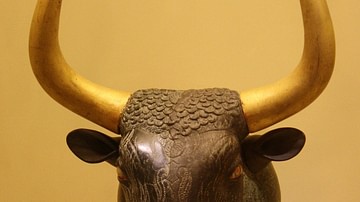
Definition
Ancient Crete
Crete is an island in the eastern Mediterranean which during the Bronze Age produced the influential Minoan civilization with its distinctive architecture and art. An important member of the Greek world in the Archaic period, Crete dipped...
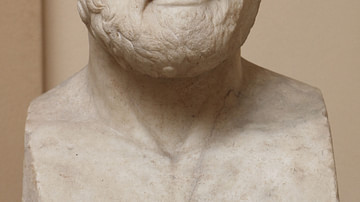
Definition
Themistocles
Themistocles (c. 524 - c. 460 BCE) was an Athenian statesman and general (strategos) whose emphasis on naval power and military skills were instrumental during the Persian wars, victory in which ensured that Greece survived its greatest ever...
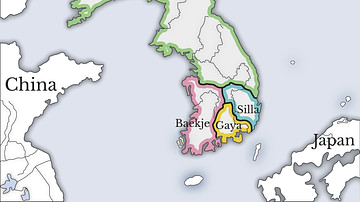
Definition
Three Kingdoms Period in Korea
The Three Kingdoms Period of ancient Korea (57 BCE – 668 CE) is so-called because it was dominated by the three kingdoms of Baekje (Paekche), Goguryeo (Koguryo), and Silla. There was also, though, a fourth entity, the Gaya (Kaya) confederation...
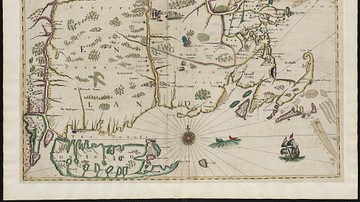
Definition
New England Colonies
The New England Colonies were the settlements established by English religious dissenters along the coast of the north-east of North America between 1620-1640 CE. The original colonies were: Plymouth Colony (1620 CE) New Hampshire Colony...
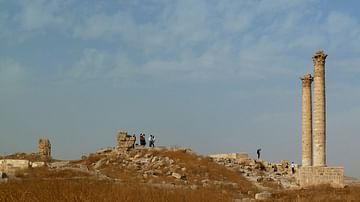
Definition
Edessa
Edessa (modern Urfa), located today in south-east Turkey but once part of upper Mesopotamia on the frontier of the Syrian desert, was an important city throughout antiquity and the Middle Ages. A city within the Seleucid Empire, then capital...
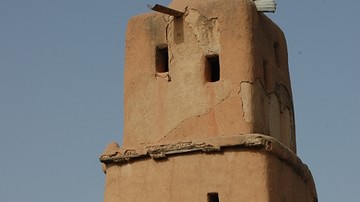
Definition
Hausaland
Hausaland, sometimes referred to as the Hausa Kingdoms, was a group of small independent city-states in northern central Africa between the Niger River and Lake Chad which flourished from the 15th to 18th century CE. The origins of the Hausa...
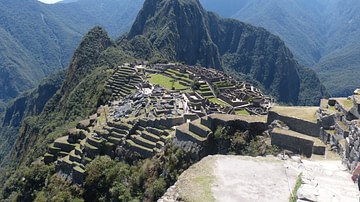
Definition
Machu Picchu
Machu Picchu is an Inca settlement located in the High Andes of Peru in the Urubamba Valley, north of Cuzco. The site, perched high above the Urubamba river, has been variously described as a fortress, imperial retreat and ceremonial precinct...
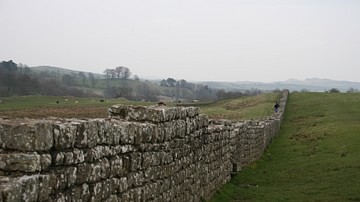
Definition
Wall
The English word 'wall' is derived from the Latin, vallus meaning 'a stake' or 'post' and designated the wood-stake and earth palisade which formed the outer edge of a fortification. The palisades were in use early on and are mentioned by...
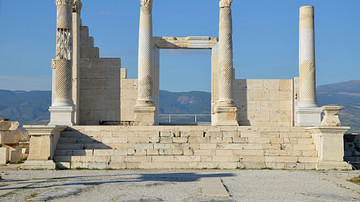
Definition
Phrygia
Phrygia was the name of an ancient Anatolian kingdom (12th-7th century BCE) and, following its demise, the term was then applied to the general geographical area it once covered in the western plateau of Asia Minor. With its capital at Gordium...
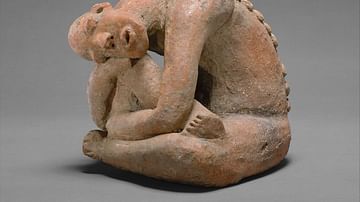
Definition
Djenne-Djenno
Djenne-Djenno (aka Djenné-Jeno, Jenne-Jeno, or Old Jenne) was an ancient city located in modern Mali, West Africa which flourished between c. 250 BCE - 1100 CE, making it one of the oldest cities in Sub-Saharan Africa. Prospering thanks to...